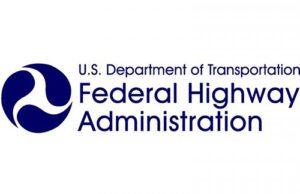
The Federal Highway Administration has announced grants totaling $196 million for tribal, state and local governments to fix or remove 169 culvert barriers nationwide – including ones in Alaska, Oregon and Washington – to improve fish passage.
The Biden-Harris administration said this past week that outdated culverts and other infrastructure may cause roads to flood and severely restrict or block fish passage. Such blockage, the announcement said, is key to the health of fish runs and important to commercial and recreational fishing and the health of tribal communities.
Secretary of Transportation Pete Buttigieg said that through the investment, the government would repair or remove hundreds of culverts nationwide protect jobs and mitigate flooding risk. $19.3 million is earmarked for 26 projects in Oregon and $58.2 million for 46 projects in Washington.
Grants to Washington state include $4.2 million for the Jamestown S’Klallam Tribe to replace two complete fish passage barriers in Clallam County, the heart of traditional hunting, fishing and gathering for the S’Klallam people.
Additionally, grant recipients in the Puget Sound watershed in Washington state are to receive almost $45.5 million to reconnect rivers and streams in over 19 locations, thereby providing safe journey for wild salmon and steelhead and other fish.
Many of the projects are expected to help boost Chinook salmon populations in Puget Sound, which would also assist the Endangered Species Act-listed Southern Resident killer whales at home in Puget Found.
The whales are sacred to tribal nations in the region.
Grants to Alaska include $3.49 million to the Anchorage-based Eyak Corporation, for replacement of a failing weir at the outlet of Eyak Lake in Cordova. Both Alaska Native and rural residents of Cordova depend on Eyak Lake salmon for their livelihoods.
For these communities, the commercial value of sockeye and coho salmon fishing in Eyak Lake is estimated at $1.7 million to $2.9 million annually, FHA officials said.
